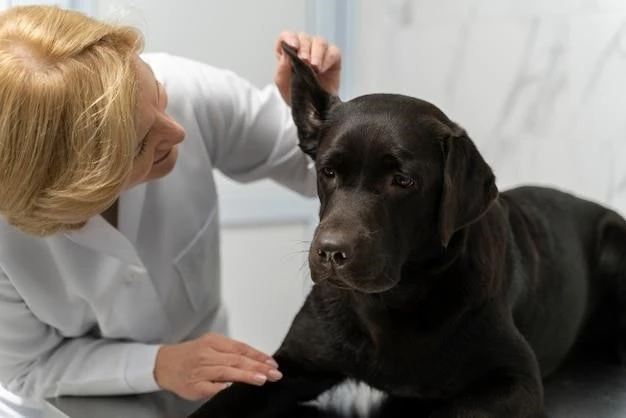Symptoms of Canine Distemper
Common signs include fever, coughing, discharge from eyes and nose, and vomiting.
Overview of Symptoms
The symptoms of canine distemper can vary but often include respiratory issues, eye and nose discharge, fever, lethargy, and neurological signs like seizures. It is crucial to monitor for these signs in dogs to seek timely veterinary care.
Prevention of Canine Distemper
Vaccination is key to preventing canine distemper, along with minimizing exposure to infected dogs.
Understanding Prevention
Preventing canine distemper involves vaccination as part of a dog’s routine care. Keeping unvaccinated dogs away from potentially infected animals and areas can also help reduce the risk of transmission.
Treatment Options for Canine Distemper
Treatment may include supportive care, symptom management, and addressing secondary infections.
Available Treatment Methods
Common treatment methods for canine distemper include antibiotics for secondary infections, intravenous fluids for hydration, anti-seizure medication, and supportive care to manage symptoms like fever and coughing.
Canine Distemper in Puppies
Puppies are especially vulnerable to canine distemper due to their developing immune systems.
Impact on Puppies
Canine distemper can have severe effects on puppies, leading to neurological issues, dehydration, and respiratory problems. Early detection and treatment are crucial for their well-being.
Canine Distemper Vaccination Schedule
Following the recommended vaccination schedule can provide vital protection against distemper.
Importance of Vaccination
Vaccinating dogs against distemper is crucial to create herd immunity, protect vulnerable puppies, and prevent the spread of the disease within the canine population. Regular vaccinations can save lives and reduce the risk of outbreaks.
Canine Distemper Transmission
The virus spreads through airborne exposure, direct contact with body fluids, and contaminated objects.
Understanding Transmission
Canine distemper is highly contagious and can be transmitted through aerosol droplets, direct contact with infected animals, or exposure to contaminated environments. Understanding how the virus spreads is crucial in preventing its dissemination.

Canine Distemper Complications
Complications can include pneumonia, seizures, and damage to the nervous system.
Potential Complications
Canine distemper can lead to serious complications such as neurological issues, pneumonia, and long-term effects on a dog’s overall health. Understanding these potential complications highlights the importance of timely treatment and preventive measures.
Canine Distemper Diagnosis and Testing
Diagnosis often involves blood tests, PCR, and clinical signs evaluation by a veterinarian.
Diagnostic Procedures
Diagnostic procedures for canine distemper include serology, virus isolation, and PCR testing. Veterinarians may also perform physical examinations and assess clinical symptoms to confirm a diagnosis.
